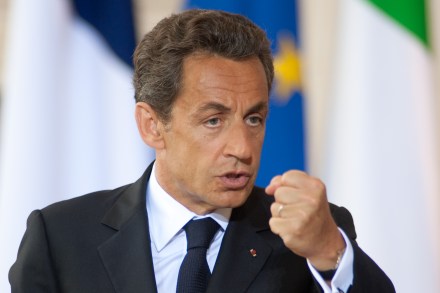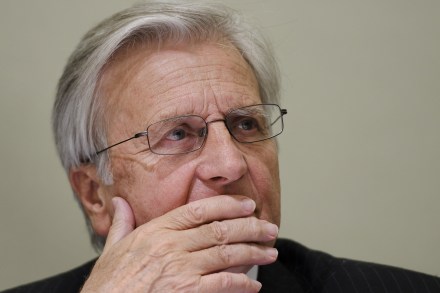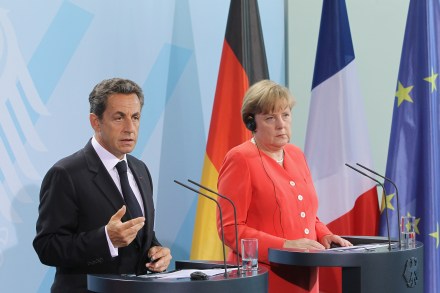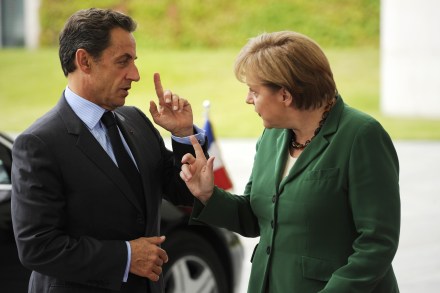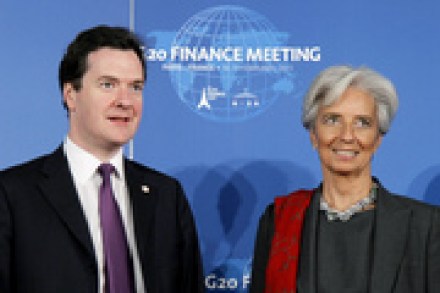For Sarkozy, AAA stands for austerity
Nicolas Sarkozy has served up his second austerity budget in as many months, in a bid to retain France’s AAA credit rating. The president wants to cling on to those three precious letters at all costs. There are elections in six months’ time and he isn’t doing well in the polls. Austerité Part Deux consists of tax increases and spending cuts totalling €7 billion, the government announced today. There will be increases in VAT and levies on large corporations, as well as curbs on increases in welfare spending. This savings programme follows the €11 billion one announced in August. Sarko’s bid to get re-elected in 2012 is in disarray. According
